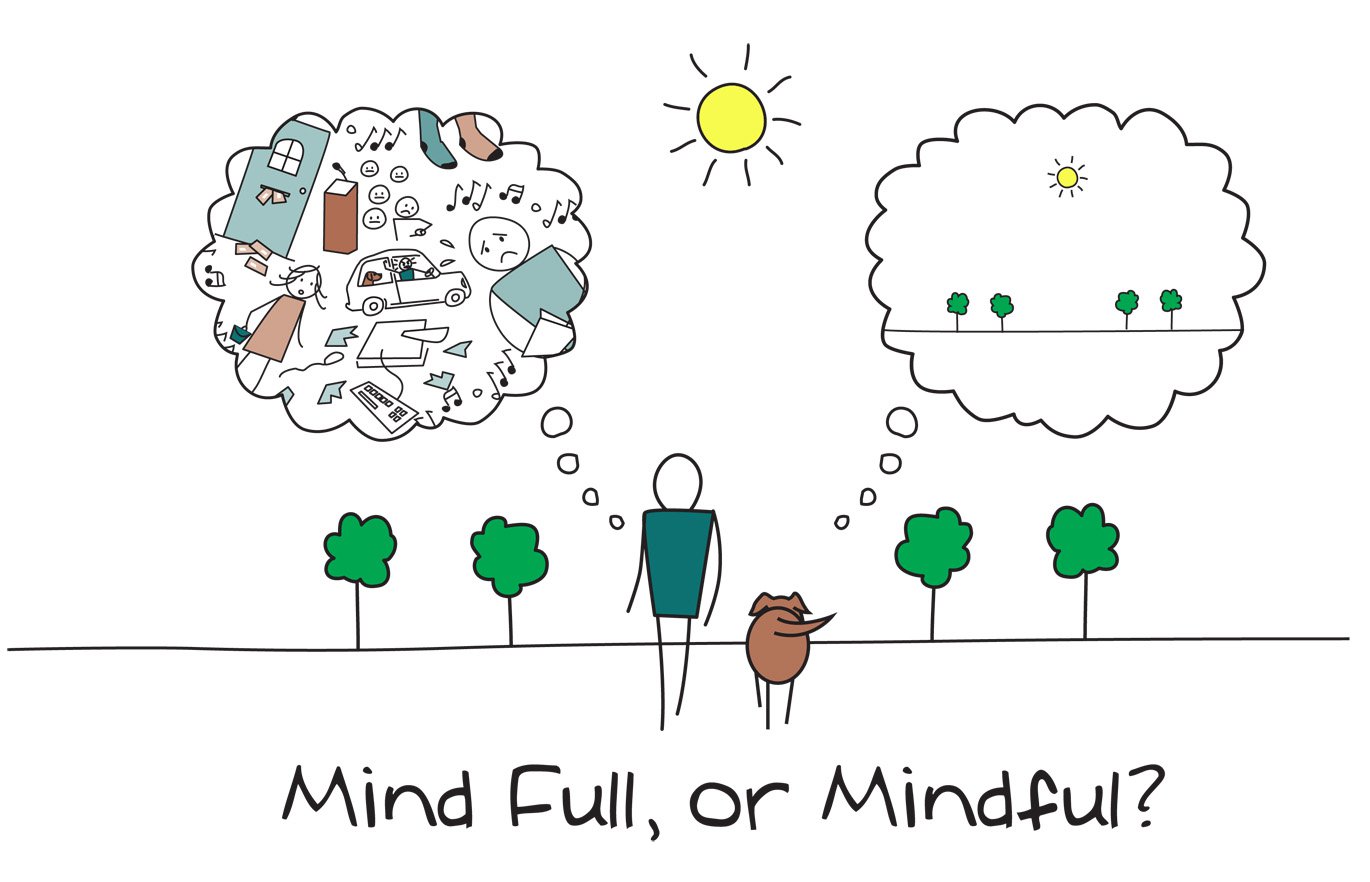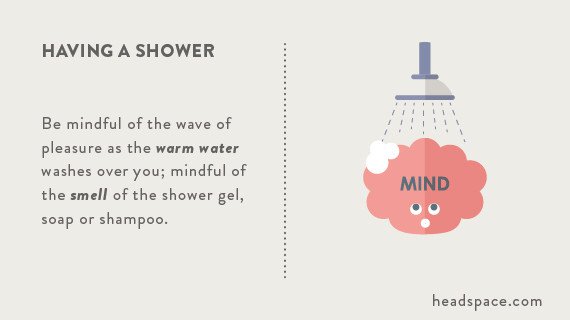A wandering mind is an unhappy mind
A massive study using smartphones to monitor happiness levels in real time shows a clear relationship between mind-wandering or having scattered attention and unhappiness.
The more our mind wanders, the less happy we can be. The flip side is that we're often happiest when we're lost in the moment.
The research data suggests our minds wander from the task at hand at least 30% of the time, and that when our minds wander we often think about unpleasant things like our worries, our anxieties, and our regrets.
Click here to find out more and sign up to the study.
In the 'zone'? You’re half way there!
We all have times when we ‘enjoy getting lost’ in doing something. Whether you’re in the garden, playing guitar, or perfecting a haiku, there are moments we all have when time just flies by. When you’re doing something you enjoy your mind tends to be fully focused on the fun you’re having. This ‘in the zone’ state of mind is called ‘flow’.
While flow can be considered a first step towards mindfulness, they’re still quite different. Mindfulness requires you to be aware of your thoughts and feelings, whereas flow involves being focused on ‘doing’ a task (often with no reflection on what else is happening in that moment).
Worth the practice
Like all areas of our health and wellbeing, mindfulness doesn't just come naturally without effort. The truth is, to be 'fit' we have to get stuck in and make some time for it every day. Our mental wellbeing is just the same. There are many exercises we can do to be more mindful, some involve more formal practice such as meditation but there are many 'informal', little things we can practice every day that will help in training our mind towards mindfulness.
- Practice giving your full attention to everyday activities, however mundane – things like doing the dishes, having a shower and brushing your teeth.
- Spend a bit of time doing these activities in a mindful way – noticing the physical sensations and any thoughts or feelings that arise.
- Practice for a few minutes everyday.

